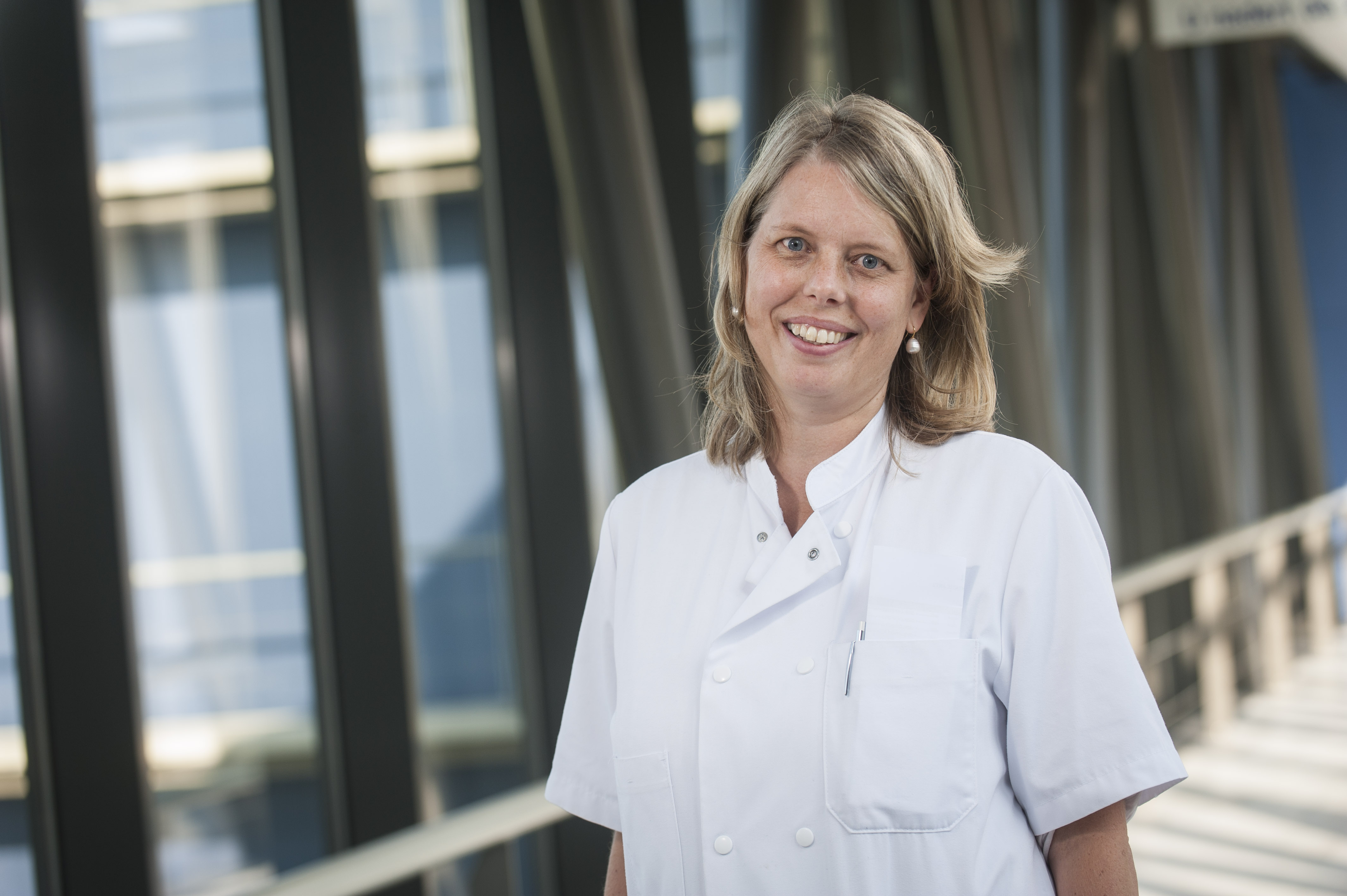
Integration of a Massive Open Online Course on Clinical Kidney, Pancreas and Islet Transplantation into a Regular Medical Science Curriculum
Marlies EJ Reinders1, Renée A Hendriks2, Franka Luk1, Peter GM de Jong2.
1Department of Internal Medicine/Nephrology, Leiden University Medical Center, Leiden, Netherlands; 2Center for Innovation in Medical Education, Leiden University Medical Center, Leiden, Netherlands
Introduction: In January 2016 Leiden University Medical Center (LUMC) launched world’s first clinical oriented Massive Open Online Course (MOOC) on Kidney, Pancreas and Islet Transplantation. In this course several digital learning opportunities are offered to students, including reading materials, interactive patient cases, lectures, 3D animations of transplantation, discussions, serious games, and interviews with experts and patients. The electronic activities help learners to increase their knowledge, practice with simulated patient cases and develop several skills including clinical reasoning. The course is structured around four sections, covering before, during and short and long term after transplantation. The target audience for this online course is (bio)medical students and healthcare professionals who work in the (pre)clinical transplantation field
Materials and Methods: Integration of the MOOC into the local curriculum took place in two regular courses in the second year of the Leiden medical school curriculum. For the first course, several movies and online assignments from the MOOC were used to replace traditional teaching; in the second course several movies, the discussion forum and a clinical patient case assignment have been offered. Students were asked to fill out a questionnaire using a 5-point Likert scale. Besides the two regular courses, the complete MOOC has been offered to students in the LUMC Honors track and the 2016 and 2017 international Leiden Oxford Transplantation Summerschool (LOTS).
Results and Discussion: Between January 2016 and November 2017 over 9500 learners of all ages signed up for the MOOC, of which over 6000 turned out to be active learners. Participants originated from over 90 countries. 62% of the participants were male and 78% of the participants had a bachelor’s degree or higher. For the courses in the Leiden curriculum, 325 students signed up for the MOOC to use materials during both courses. 56 students (17%) responded to the online questionnaire.
Respondents indicated that the MOOC elements were an interesting addition to the face to face curriculum (score 3.3 ±0.9) and that the online lectures and discussion forums were inspiring (3.1 ±1). The students clearly did not explore other parts of the MOOC other than those that were mentioned in the assignments (2.5 ±1.4). For the Honors track and LOTS, 20 students signed up for the MOOC. Their engagement with the online materials and participation in discussion forums seems to be much higher compared to the medical school students.
Conclusion: Students indicate they like the online materials from the MOOC as an inspiring addition to traditional course materials. However, students in the medical school curriculum hardly explore other parts of the MOOC, while Honors track and LOTS students do that in great extent. Further research is needed to see how students can be more encouraged to gain as much as possible from the content rich resources in the MOOC.
